Oh give thanks to the Lord, for he is good, for his steadfast love endures forever! Psalm 106:1
Sometimes it’s easy to say those words. Sometimes it’s easy to be thankful. Life is good. Everyone is healthy. There is enough money in the bank account to pay the bills
But sometimes it isn’t so easy to be grateful.
For us, the year 2015 was one of those times when my husband, John, was diagnosed with lymphoma. Although the doctors kept trying to reassure us with phrases like, “If you have to have cancer, lymphoma is the best kind to get,” we weren’t too sure. Life seemed very fragile and uncertain.
Life with cancer was hard enough to deal with, but it was made even more difficult by the fact that our children do not live close enough to lend support on that tough road. My daughter and her family live in China. My son and his wife live in the next state. It wasn’t like either of them could drop by for dinner and a hug. They couldn’t sit with my husband at his chemotherapy appointment.
Some days it was difficult to live with a grateful attitude.
How could I thank God for cancer? How could I be grateful that my family wasn’t near enough to physically support us?
That’s when I have to remember the truth of 1 Thessalonians 5:18
Give thanks in all circumstances; for this is the will of God in Christ Jesus for you.
I highlighted that little word in because that is the key to giving thanks when it is not easy.
But we can still be thankful in the midst of painful circumstances. While my husband battled lymphoma, I was grateful for God’s Word that continued to comfort me. I thanked God for friends who supported us and for the medical personnel who were doing everything they could to make my husband well again.
When you’re in a season where it isn’t easy to be grateful, thank God for the eternal things that will never change: His love and His Word. Find little things to be thankful for: the smile of a friend, the beauty of the fall leaves.
Thankfully ten months after my husband’s diagnosis and three months after chemotherapy, his cancer went into remission and he is doing much better.
Once more it’s easy to be thankful.
I’m thankful for friends, for a comfortable home, and for work I love.
I’m thankful for the little things like radiant sunrises, warm sweaters, and Carrot Cake Coffee.
Most of all, I’m thankful for God’s goodness. I’m grateful for His steadfast love. Because even if I didn’t have any of the other things I listed above, I know I would always have those. The psalmist reminds me, “His steadfast love endures forever.”
I pray that God will cultivate gratitude in my heart–gratitude that is not dependent on my circumstances. That I will be able to thank Him for His eternal blessings no matter how life on earth is shaping up.
Next step: Make a list of the earthly blessings you are thankful for this year. Then make another list–a list of the spiritual blessings you have that cannot be taken away. I’ll get you started: God’s love, Christ’s redemptive work on the cross, the Holy Spirit’s abiding presence. If you like, write some of your blessings in the comments below!






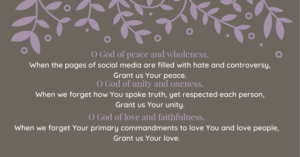
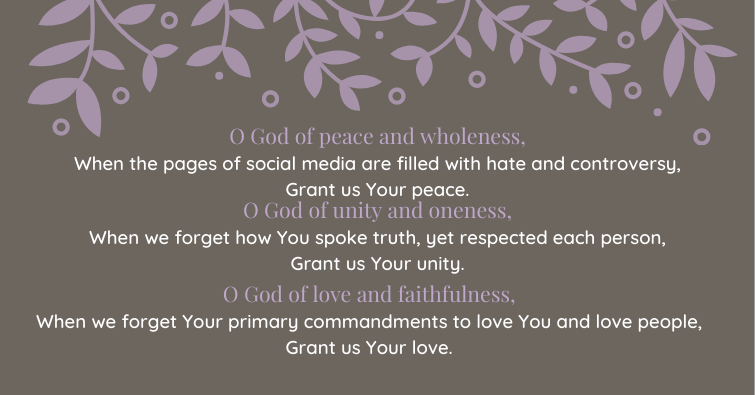

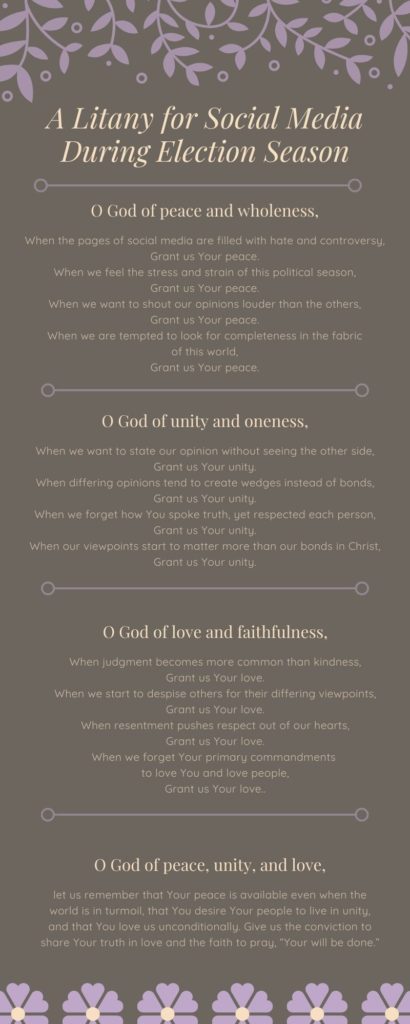






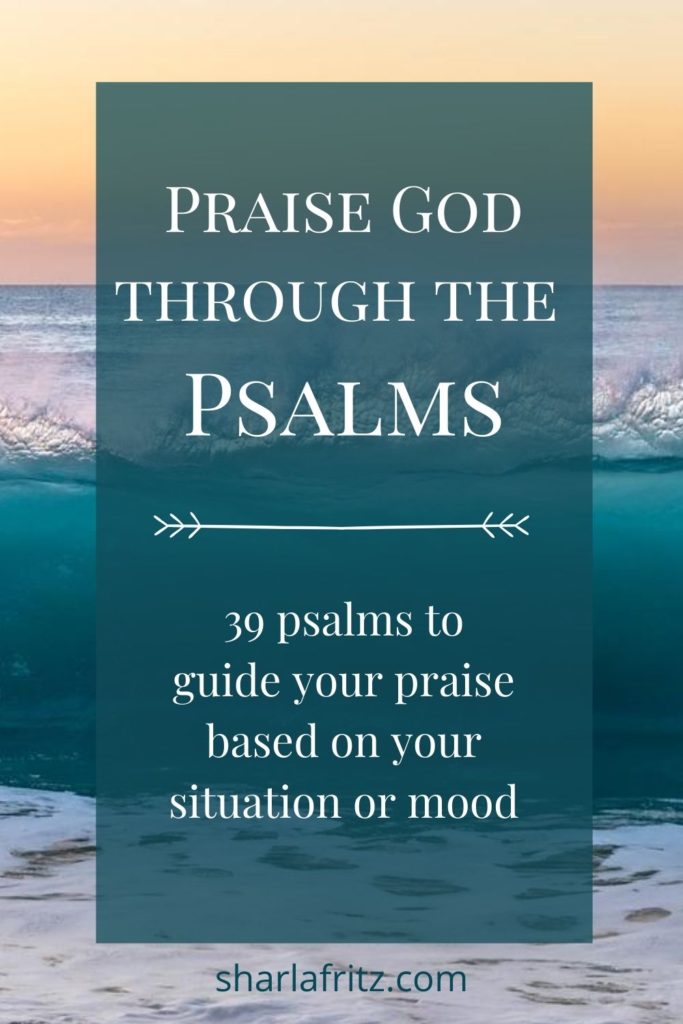
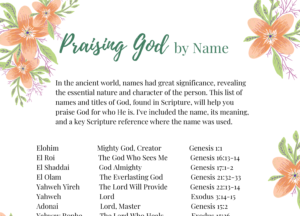


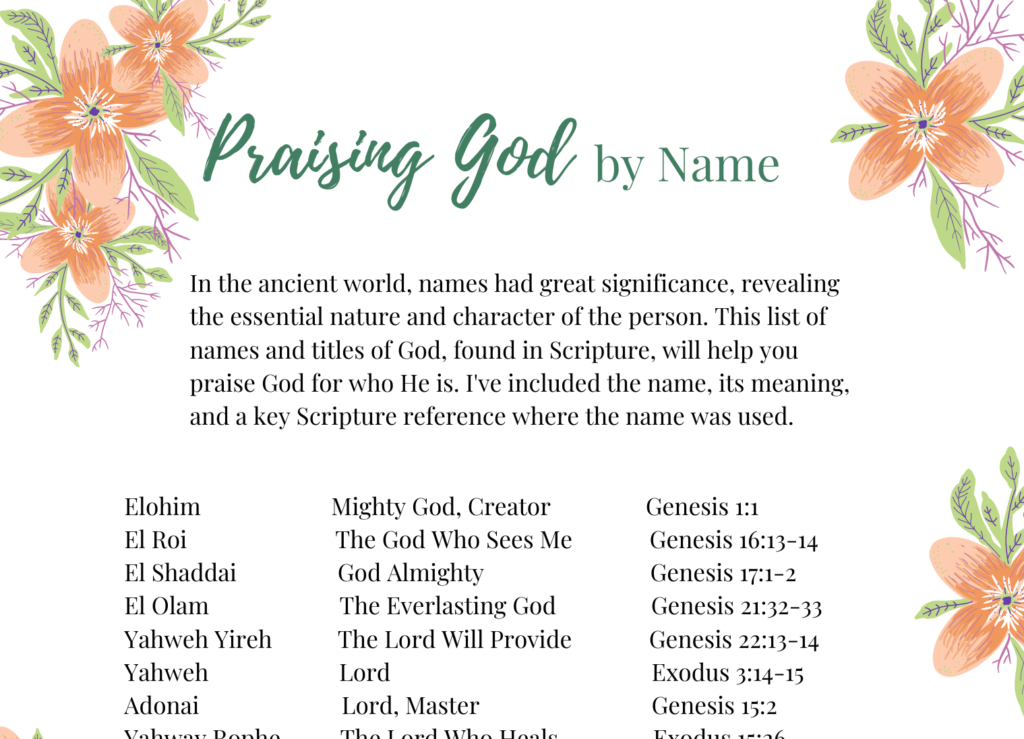


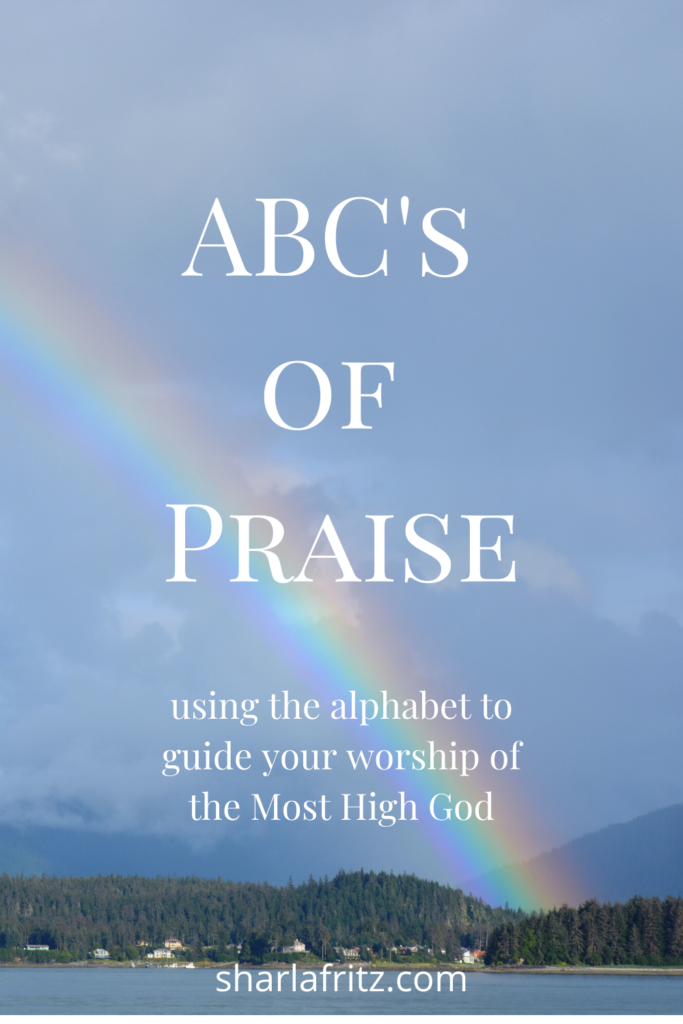







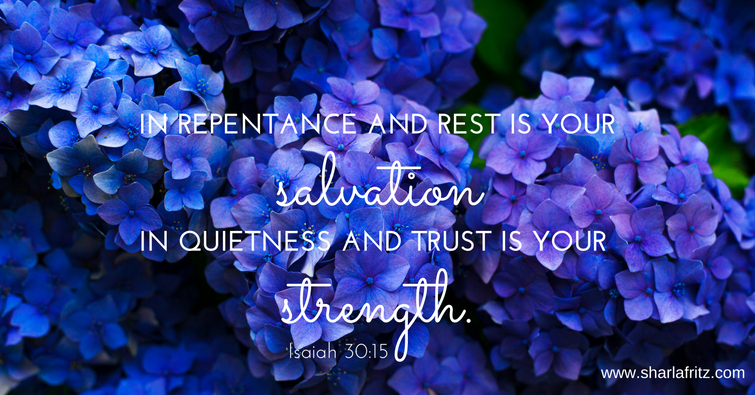





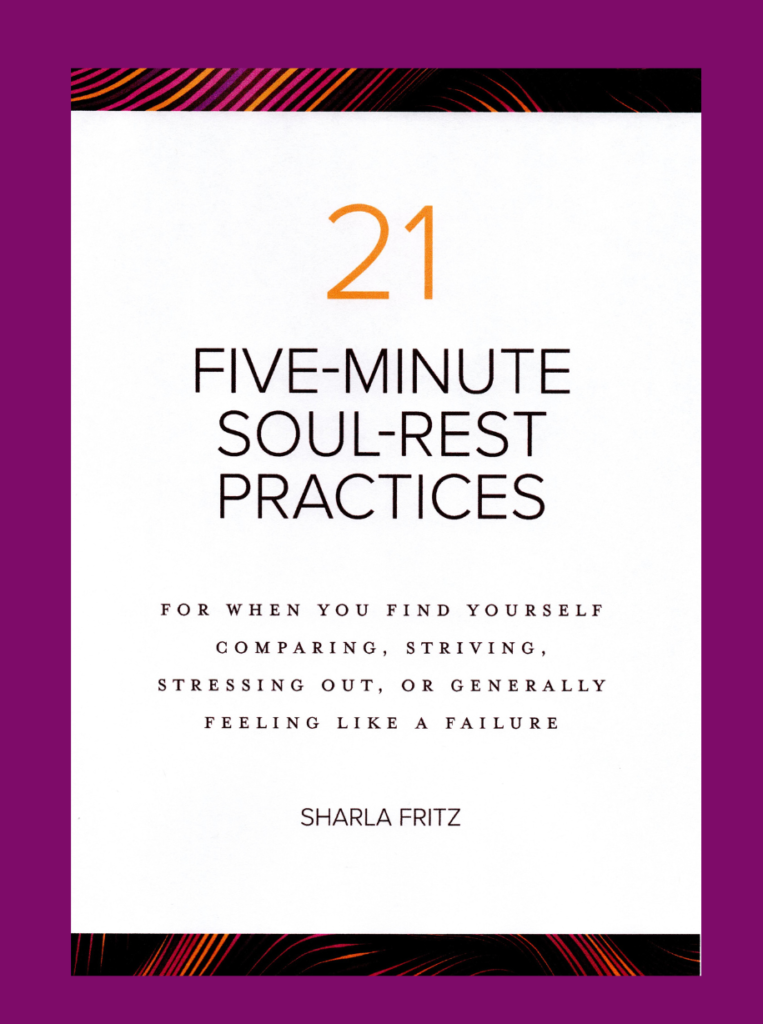
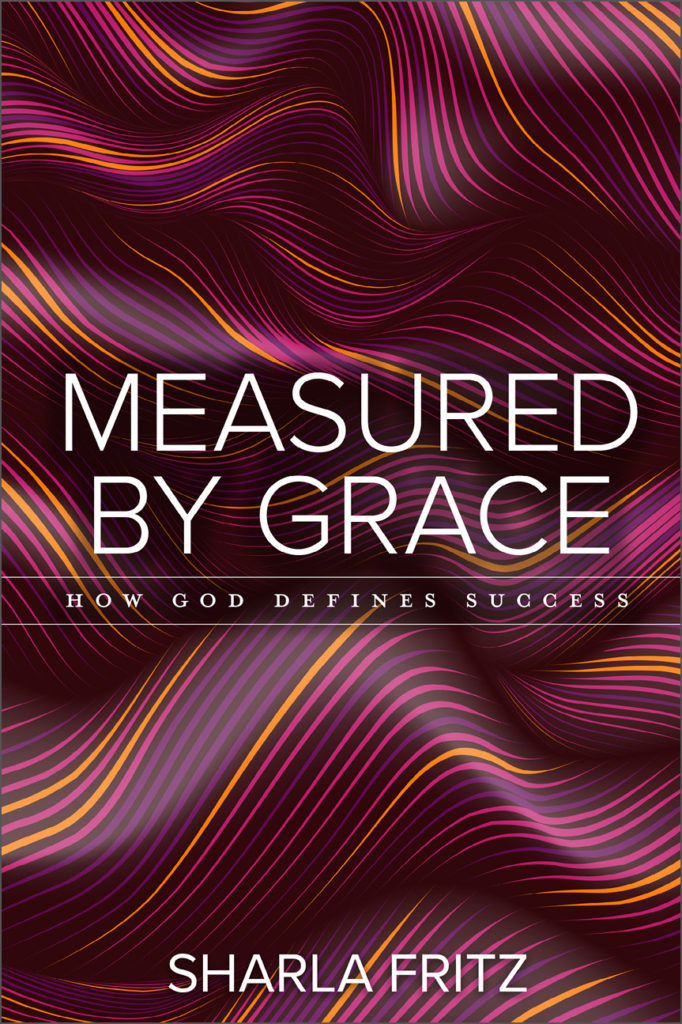

Follow Me!